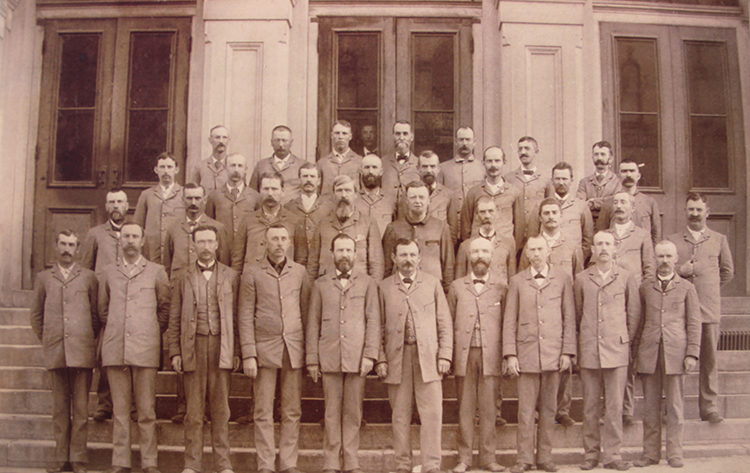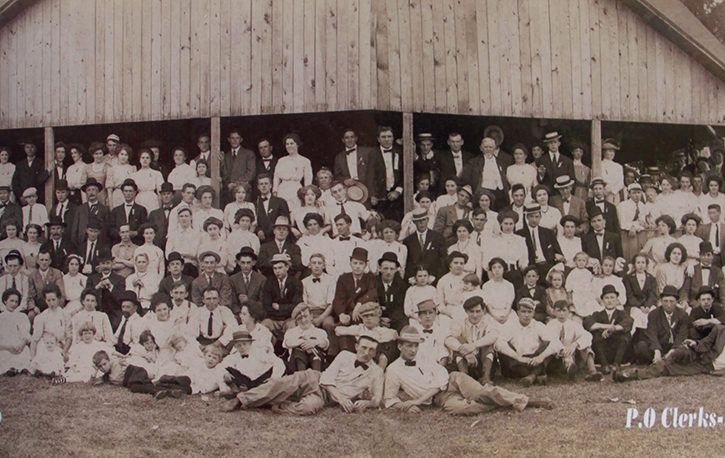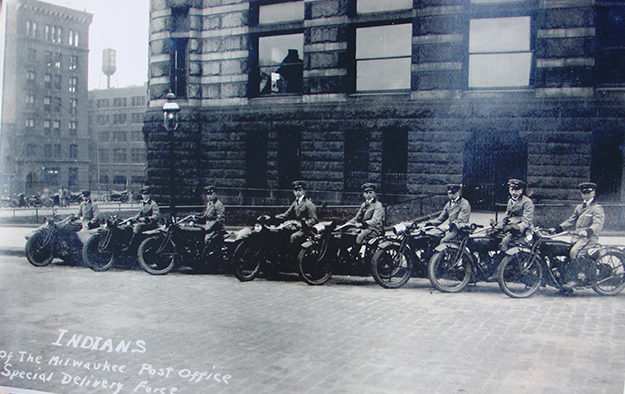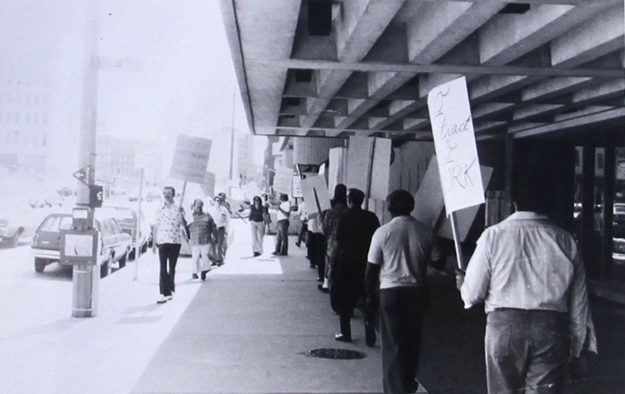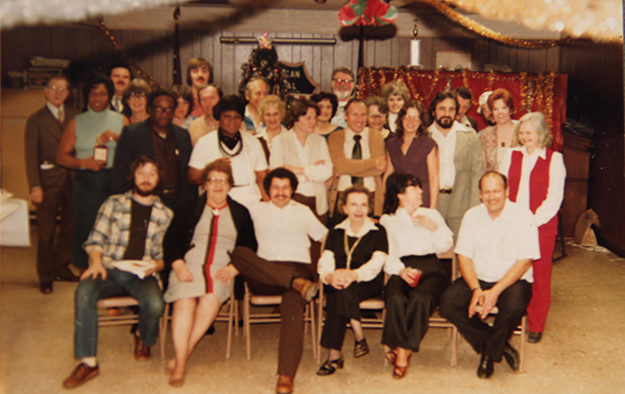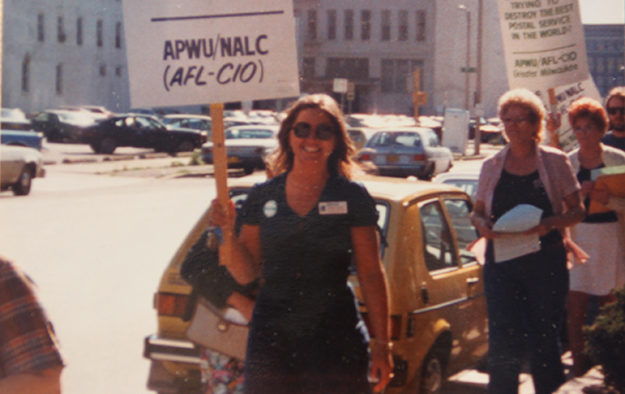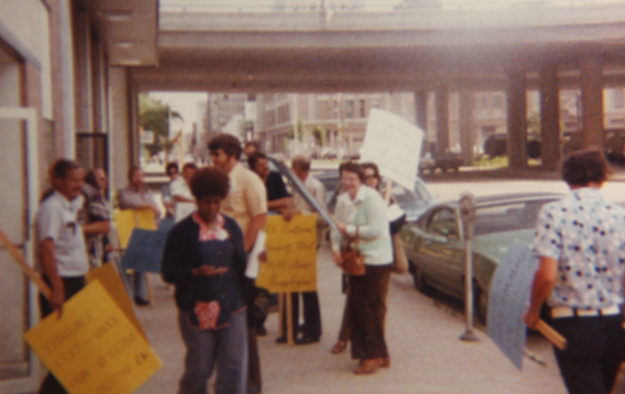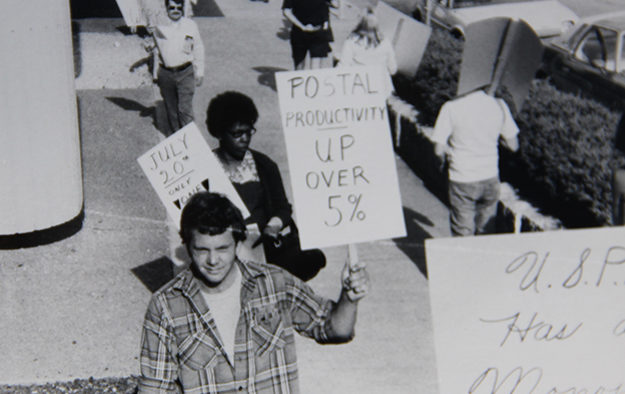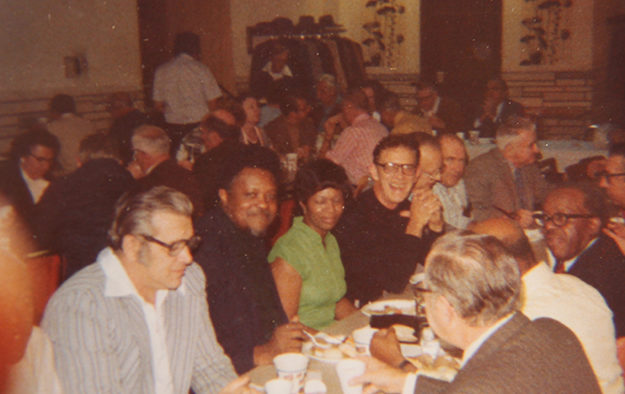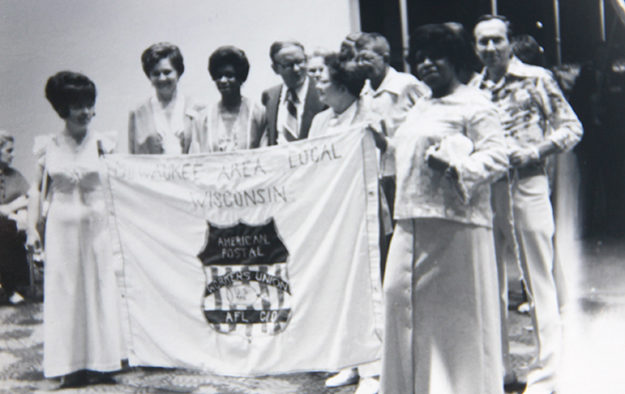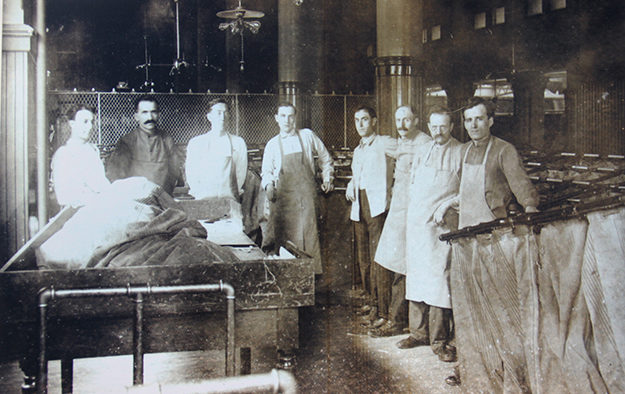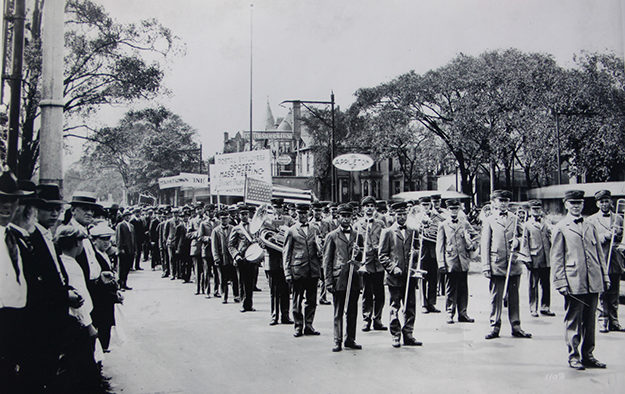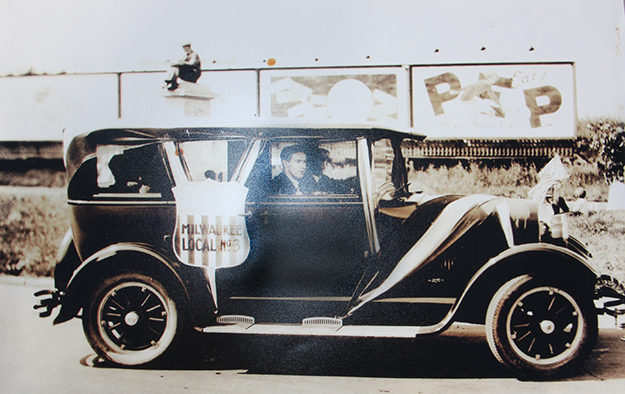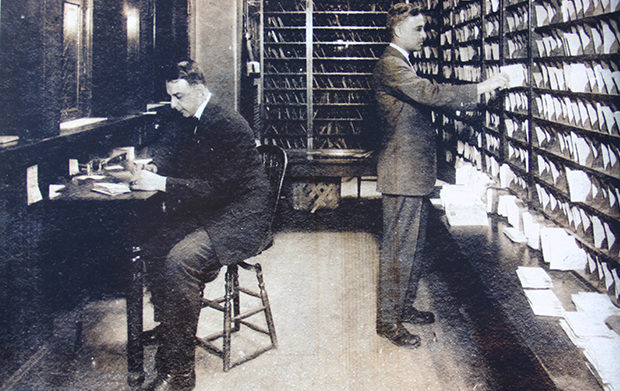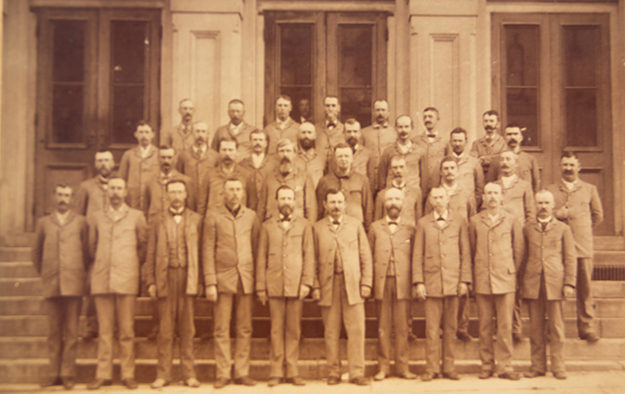APWU Milwaukee Area Local History
In 1906, the Milwaukee National Federation of Post Office Clerks, American Federation of Labor (AFL) granted a charter in Milwaukee as Local #3. Over the following years, other postal unions representing Clerks, Maintenance and Motor Vehicle Service employees merged with Local #3. Additionally, over the next several years, other offices in communities around the area merged with Milwaukee and we now go by the name of the American Postal Workers Union, Milwaukee Area Local. We currently represent over 1,200 Clerks, Maintetance and Motor Vehicle Services employees in post offices all over southeastern Wisconsin in the 530, 531 and 532 zip code areas. Link: Offices We Represent
APWU General History
The American Postal Workers Union, AFL-CIO, represents employees of the U.S. Postal Service who are clerks, maintenance employees, and motor vehicle service workers.
Postal unions, dating back to the 19th Century, have experienced a number of transitions, paralleling the growth of the former Post Office Department, which became the U.S. Postal Service in 1970. Upon the creation of the USPS, postal unions were allowed to bargain collectively over wages and conditions for the first time.
The early unions had essentially no bargaining rights — they existed largely as lobbying organizations that otherwise would have had no say about their working conditions. Wage increases depended on the whim of Congress.
As a result, postal workers were chronically underpaid. In March 1970, full-time employees earned about $6,200 to start, and workers with 21 years of service averaged only $8,440 — barely enough to make ends meet at that time. In fact, many postal workers qualified for food stamps.
The sporadic raises they did receive never seemed to amount to much, particularly in high-cost urban areas. From 1967 to 1969, postal wages were not increased at all, although Congress did raise its own pay 41 percent during that time. In 1968, the Kappel Commission, a special panel that had been studying postal reform during President Johnson’s administration, concluded that postal workers deserved the same collective bargaining rights afforded to private-sector workers under the National Labor Relations Act. Congress failed to act on the commission’s recommendation.
(General History excerpted from www.apwu.org)

